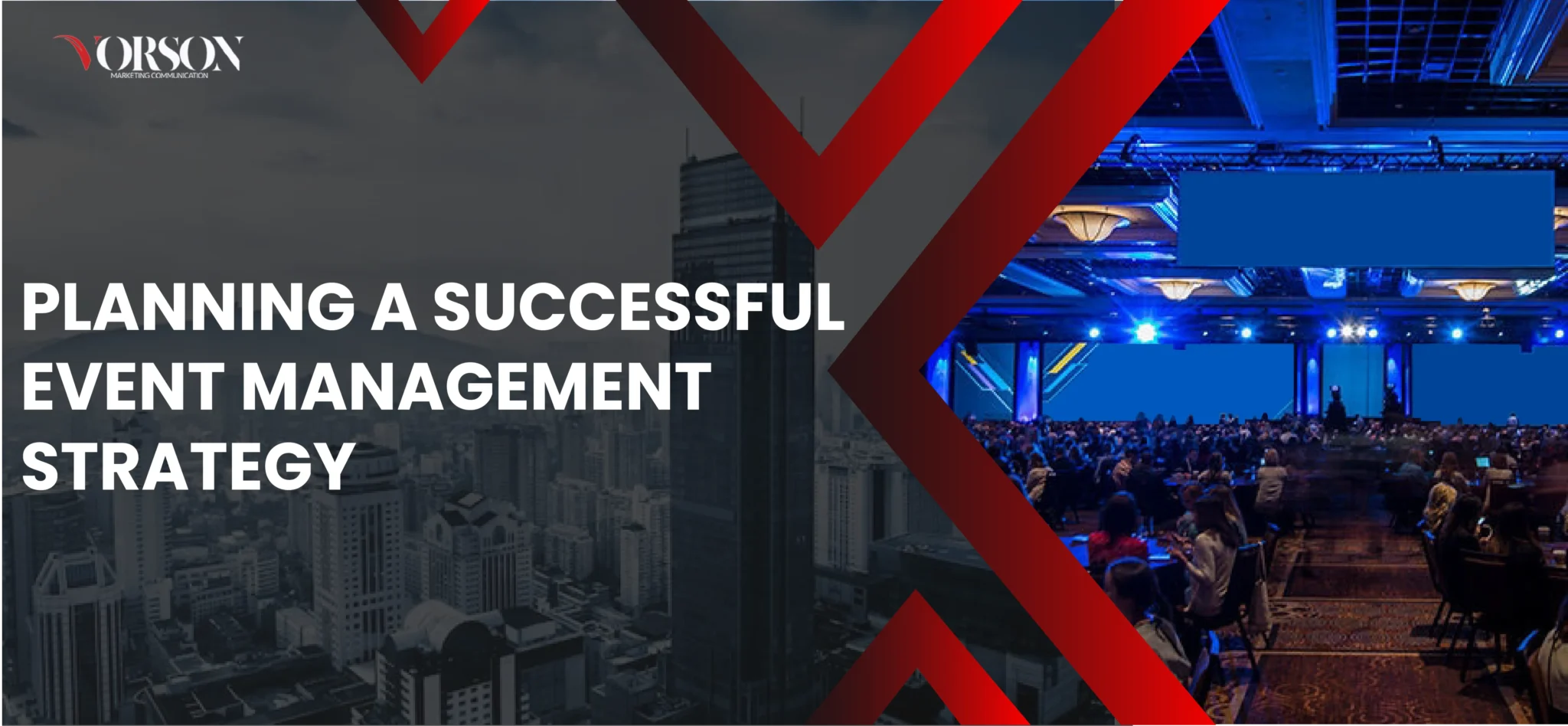When planning an event, success isn’t just a matter of luck. It is the result of well-planned, effective strategies and constant attention. Developing effective event management strategies requires a mix of creativity, organization and foresight. Whether you’re hosting a business meeting, charity event or community event, the principles of good event management remain the same.
In this comprehensive guide, we explore ways to create effective event management strategies that will impress conference attendees.
Understanding the Essence of Event Management Strategy
In general, event management strategy includes the process of planning, organizing, coordinating and executing events effectively and efficiently. It involves setting goals, identifying target groups, allocating resources, and mitigating risks. Well-defined event management strategy, such as project planning, guides planners at every stage of the event lifecycle.
Key Components of an Effective Event Management Strategy
Clear Objectives
Begin by defining the specific goals and objectives of the event. Whether it’s fund raising, increasing brand awareness, or increasing community engagement, clearly defined objectives will serve the goals of your strategy.
Comprehensive Planning
Comprehensive planning is essential to the success of any project. Create detailed plans, budgets and work schedules to effectively plan and execute all activities.
Audience Analysis
Understand your target audience’s goals, interests, and demographics. Tailor the event to meet their needs and expectations and monitor their participation and satisfaction.
Strategic Marketing
Develop a comprehensive marketing plan to promote your business through a variety of channels, including social media, email marketing, traditional marketing, and strategic partnerships. Use strong messaging and visuals to make an impact and increase traffic.
Harnessing the Power of Technology in Event Management
In a rapidly changing world, technology plays an important role in increasing efficiency and effectiveness of event management strategy. Use event management software, mobile apps, and online registration software to simplify administrative tasks, manage attendee registration, and track event statistics in a timely manner. Create digital experiences that challenge traditional events by using real-time analytics to measure events and engage external audiences
Real-World Examples of Successful Event Management Strategies
TED Conferences
TED conferences known for their thought-provoking talks and innovative presentations, These conferences highlight the power of business management. By creating great content, developing effective networks, and embracing technological innovation, TED has transformed the event into a global event that inspires and educates millions of attendees around the world.
Mauj Masti Mela
Zong CMPak Ltd. Mauj Masti Mela is a testament to project management prowess. Each activity designed and produced by Vorson MarCom has carefully delivered an unforgettable experience full of fun and excitement. From fun and entertainment to incredible events and flawless execution, Vorson MarCom has left no stone unturned to immerse audiences in a world of fun and excitement. Victory in Mauj Masti Mela is a great example of how event management strategy can change the world and surprise all visitors.
Elevate Your Events with a Strategic Approach
In the fast-paced world of event planning, success lies in the hands of those who dare to dream big and plan well. You can improve the performance of standard and sub-items by applying the business management principles presented in this book. From defining clear goals to leveraging the power of technology, every aspect of your event management strategy plays a key role in creating the best possible attendee experience and achieving your overall goals. Start the journey of managing masterpieces and action.



